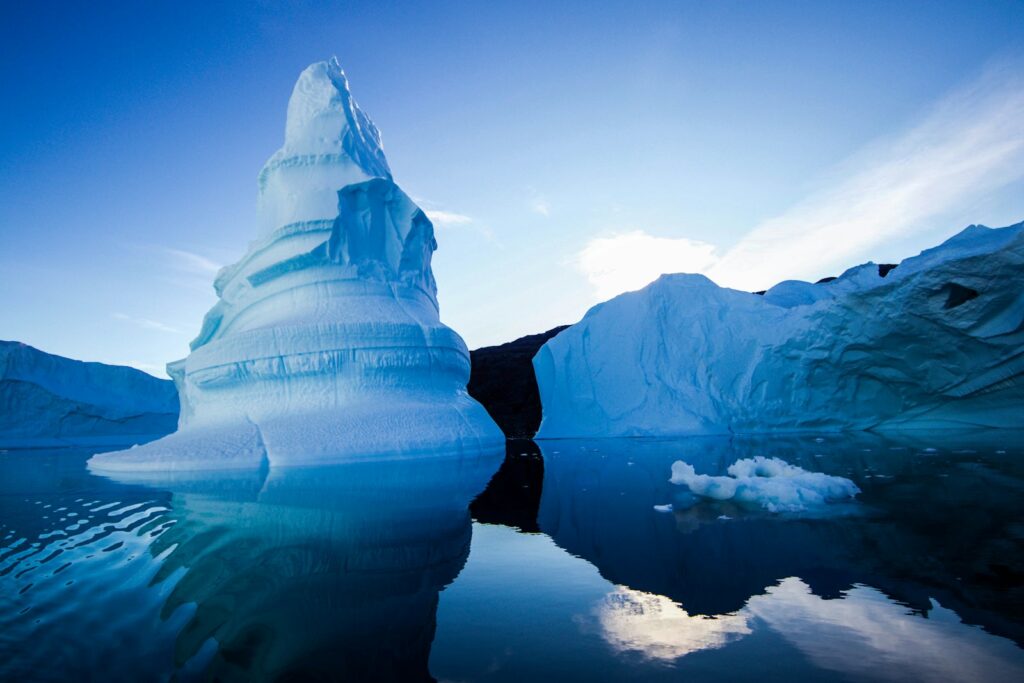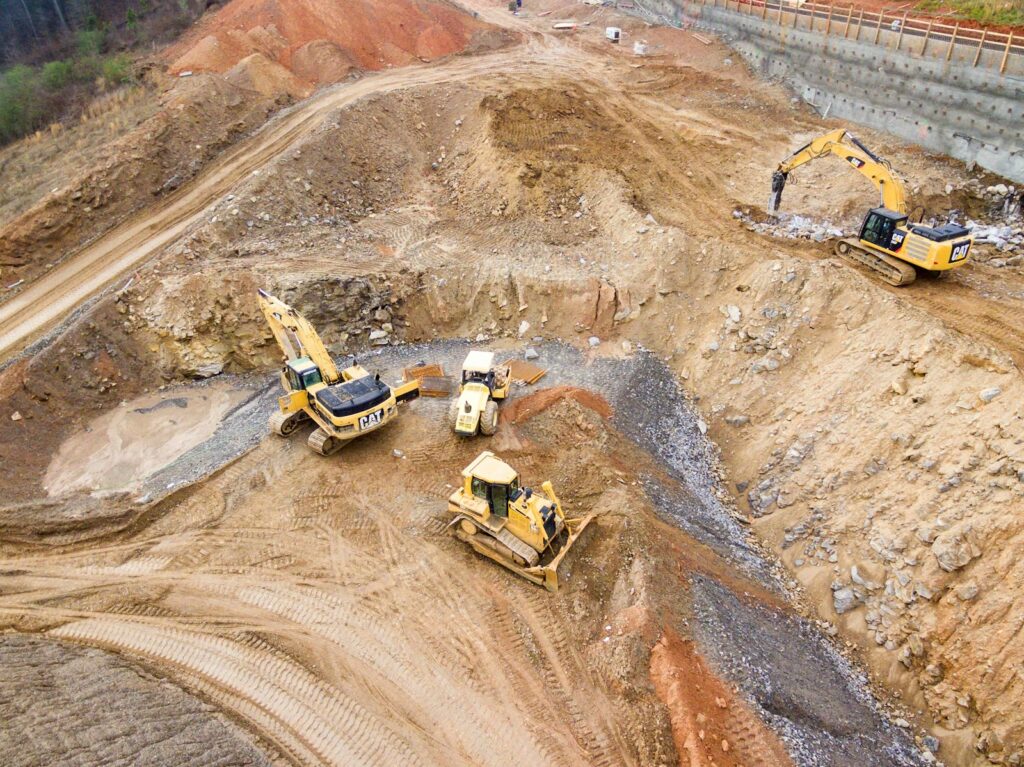Researchers have secured £13m to track the rate of climate change in the Arctic.
The Arctic is on the frontline of global climate change, warming at twice the speed of the rest of the world.
University researchers have helped to secure funding for a research project that will track the rapidly changing temperatures.
From July 1, the Arctic PASSION team will develop new eays to gather real-time data about the frozen ocean and its surrounds.
The funding from this project comes from the EU’s H2020 Framework Programme and is being coordinated by the Aldred Wegnet Institute in Germany.
The project is the second funding update to come from the University of Bristol’s School of Geographical Sciences.
Earlier this year, researchers help to secure £2.2m from UKRI NERC for a project called Arctic-Connect.
Led by the University of Exeter, Arctic-Connect brings together experts in climate dynamics, polar and sub-polar oceanography and extreme weather to transform our understanding of how Arctic warming affects the rest of the world.
Professor Jonathan Bamber from the University of Bristol who helped to secure the funding said: ‘In many ways the Arctic is the canary in the mine, showing us how climate change could affect the rest of the world in the coming years.
‘This project will track everything from short-term extreme events such as storms to long-term change over decades. We hope to build up the most complete picture of the Arctic ever gathered.’
Dr Dann Mitchell who is leading the project said: ‘The project is about how changes in the Arctic can have far reaching connections to other parts of the northern hemisphere. At Bristol we are looking at how Arctic climate change alters atmospheric circulation and, in turn, changes extreme weather over Europe.
‘Both projects reinforce the University’s position as a centre of excellence in Arctic environmental change, modelling and observations.’
















